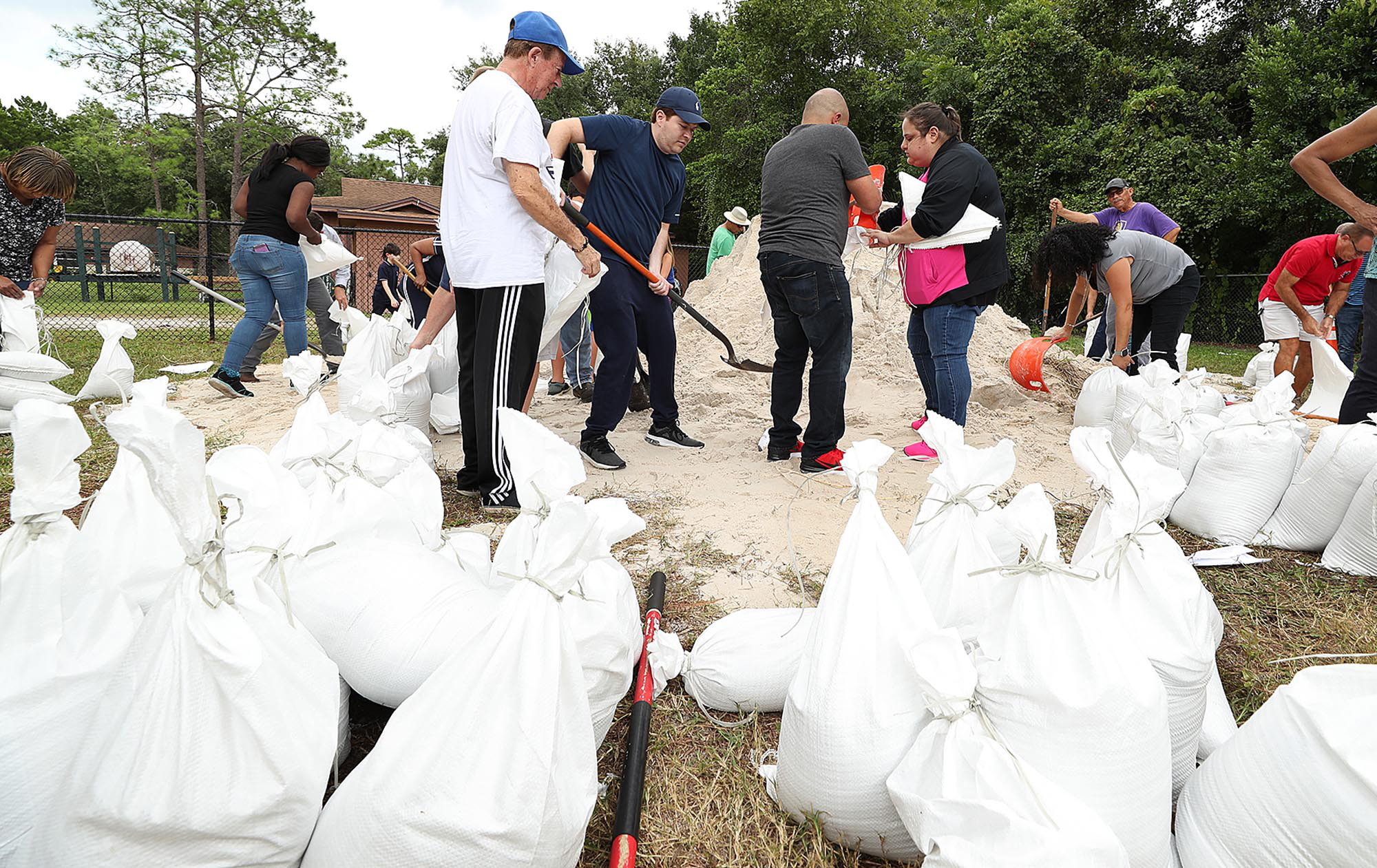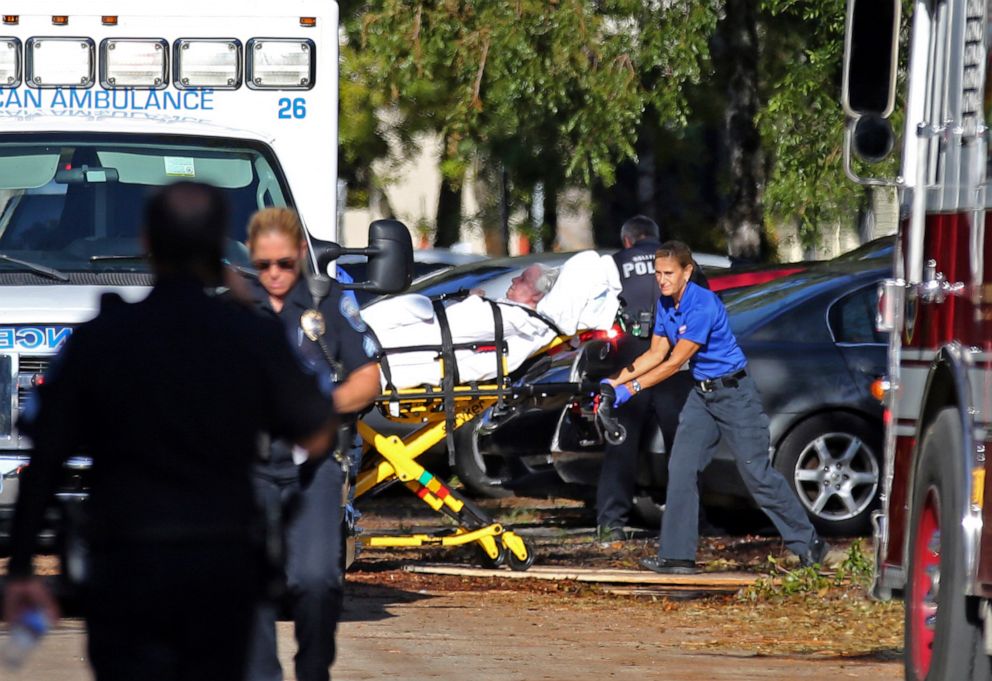More than half of Florida's nursing homes not prepared for Hurricane Dorian
Florida Law requires nursing homes to have emergency plan in a power outage.
With the threat of Hurricane Dorian bearing down on Florida and Southern Georgia, nursing homes and the elderly are at an elevated risk of vulnerability.
Nearly 60 percent of Florida’s nursing homes do not have the proper equipment required by state regulations, according to data from Florida’s Agency for Health Care Administration (AHCA).
“All Florida nursing homes and assisted living facilities are required to keep residents in a safe environment in an emergency to ensure the protection of resident health, safety, welfare, and comfort,” according to Florida state.

Under the law, nursing homes need equipment that can maintain an ambient temperature at 81 degrees for 96 hours after losing power.
The regulation was put in place after 12 elderly patients died of heatstroke at a Hollywood Hills nursing home following a power outage during Hurricane Irma in 2017.
The Hollywood Police Department announced on Tuesday that four staff members of the nursing home have been charged with manslaughter after the elderly patients were left for hours in the sweltering facility.

“We've been moving our supply staff and equipment into Florida, a lot of our planning teams are already embedded with Florida emergency management in Tallahassee,” acting FEMA administrator Peter Gaynor said in an interview with ABC's Good Morning America.
“We'll continue to move our commodities, like generators, in and around the state to make sure the state has no unmet needs. So we'll continue to do that over the weekend and so like the federal family is preparing we encourage family, individuals to take preparations seriously. The clock is ticking.”
Governor Ron DeSantis expanded Florida's state of emergency on Tuesday to all 67 counties.
Following Hurricane Irma in 2018, FEMA released a list, “How the Elderly Can Prepare for Storms” with a preparedness kit list and tips on staying in a shelter. "They are more likely to have diminished awareness, health problems, access and functional needs and various other limitations," FEMA wrote.
The ACHA has a website listing generator status, as well as a schedule, for when a facility would receive a generator.
ABC News' Max Golembo, Emily Shapiro, Bill Hutchinson, and M.L. Nestel contributed to this report.




